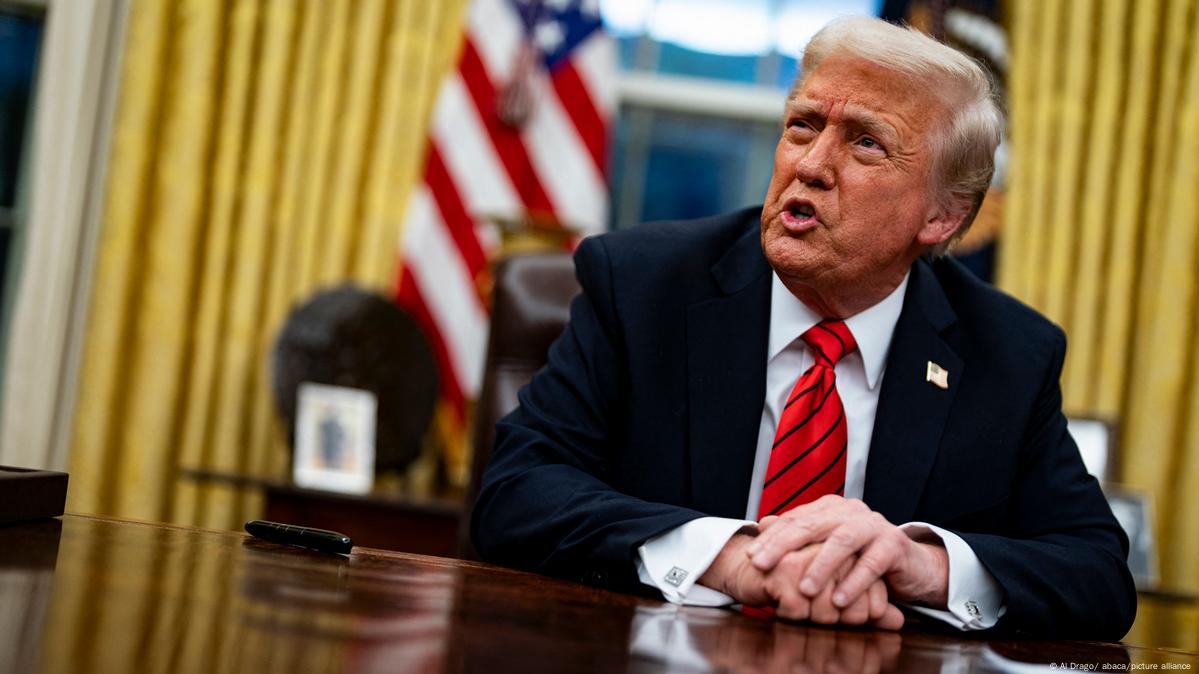Former U.S. President Donald Trump has always been a polarizing figure in global politics. His leadership style, characterized by direct rhetoric and unorthodox diplomacy, reshaped America’s foreign relations during his tenure. As he prepares for another potential presidential run, speculation arises over his international strategy. Would Trump seek to strengthen alliances with authoritarian regimes, and if so, what would be the global implications?
A Shift in U.S. Foreign Policy
Trump’s “America First” approach redefined traditional U.S. foreign policy, often straining ties with democratic allies while fostering relationships with leaders of authoritarian states. His presidency saw a departure from multilateralism, prioritizing bilateral deals and direct negotiations with figures like Russian President Vladimir Putin, North Korean Supreme Leader Kim Jong-un, and former Brazilian President Jair Bolsonaro.
His meetings with Kim, for instance, were historic but yielded little long-term progress on denuclearization. Similarly, his relationship with Putin sparked controversy, particularly regarding allegations of Russian interference in U.S. elections. Despite these concerns, Trump maintained a stance that prioritized nationalistic policies over traditional democratic alliances.
Strengthening Ties with Strongmen
One of the most striking aspects of Trump’s foreign policy was his willingness to engage with and even praise authoritarian leaders. He commended leaders such as Turkey’s President Recep Tayyip Erdoğan and China’s President Xi Jinping, despite their records of human rights violations and suppression of dissent. Critics argue that such relationships undermined U.S. credibility in advocating for democracy and human rights globally.
His administration’s handling of NATO further highlighted this shift. Trump frequently criticized NATO allies for not meeting defense spending commitments, at one point even suggesting the U.S. might withdraw from the alliance. This rhetoric raised concerns about America’s commitment to collective security and emboldened nations with authoritarian tendencies to challenge democratic norms.
Implications for a Second Trump Presidency
If Trump returns to the White House, analysts predict a continuation—or even expansion—of his authoritarian-friendly approach. This could manifest in several ways:
- Weakening Traditional Alliances: Trump’s skepticism toward NATO and the European Union could further strain relationships with democratic allies, potentially diminishing U.S. influence in global governance.
- Engagement with Authoritarian Leaders: A second Trump term might see intensified diplomacy with strongmen leaders, potentially sidelining democratic allies in favor of pragmatic, transactional relationships.
- Shifts in Trade and Economic Policies: Trump’s stance on global trade, particularly regarding China and tariffs, could see renewed tensions or unexpected alliances based on economic interests rather than democratic values.
Global Reactions and Challenges
Democratic leaders worldwide have expressed concerns about a possible Trump return, fearing that his policies could embolden autocratic regimes while diminishing support for democratic movements. The European Union, already navigating internal divisions, may face further instability if the U.S. reduces its cooperative stance. Meanwhile, adversaries like Russia and China might see an opportunity to expand their influence in global affairs.
However, Trump’s supporters argue that his approach prioritizes American interests and prevents unnecessary entanglements in foreign conflicts. They highlight his ability to engage with adversarial leaders as a strength, claiming it fosters dialogue and reduces the likelihood of direct confrontation.
Conclusion: A Future Defined by Realpolitik?
As the 2024 election approaches, Trump’s potential return looms over global diplomacy. His previous term demonstrated a willingness to bypass traditional democratic norms in favor of pragmatic engagements, often with authoritarian leaders. Whether this strategy stabilizes international relations or accelerates democratic decline remains a subject of intense debate.
One thing is certain: if Trump reenters the Oval Office, the world will be watching closely, as his leadership could redefine the balance between democracy and authoritarianism on the global stage.
Disclaimer – Our team has carefully fact-checked this article to make sure it’s accurate and free from any misinformation. We’re dedicated to keeping our content honest and reliable for our readers.




